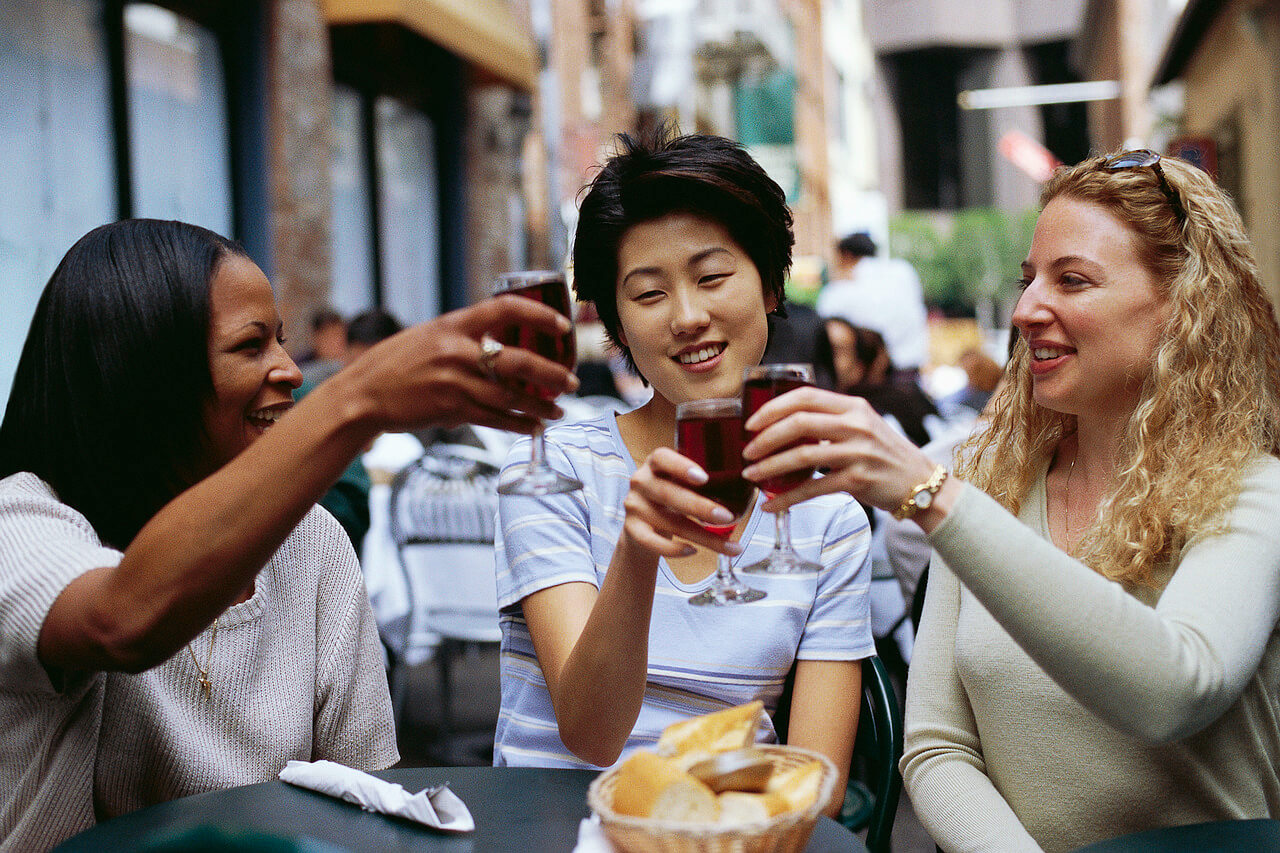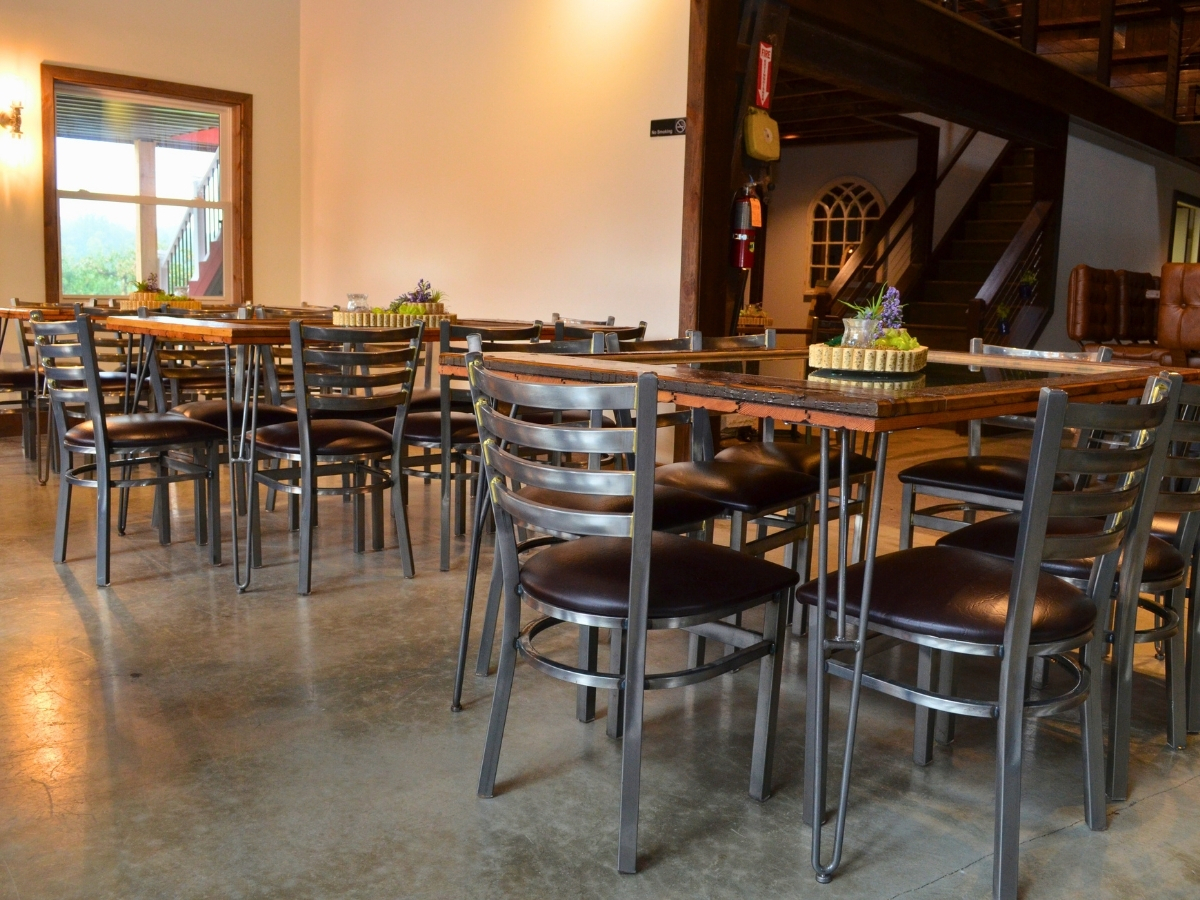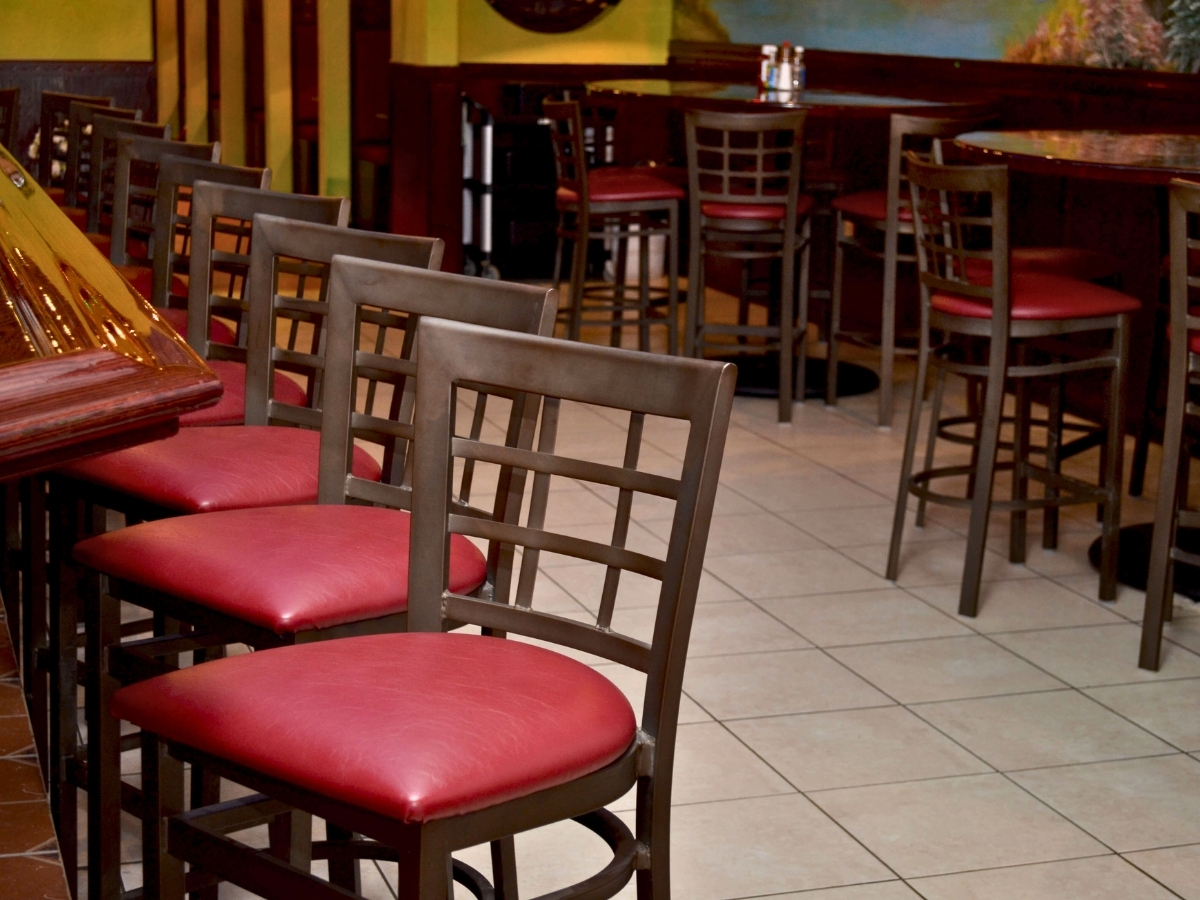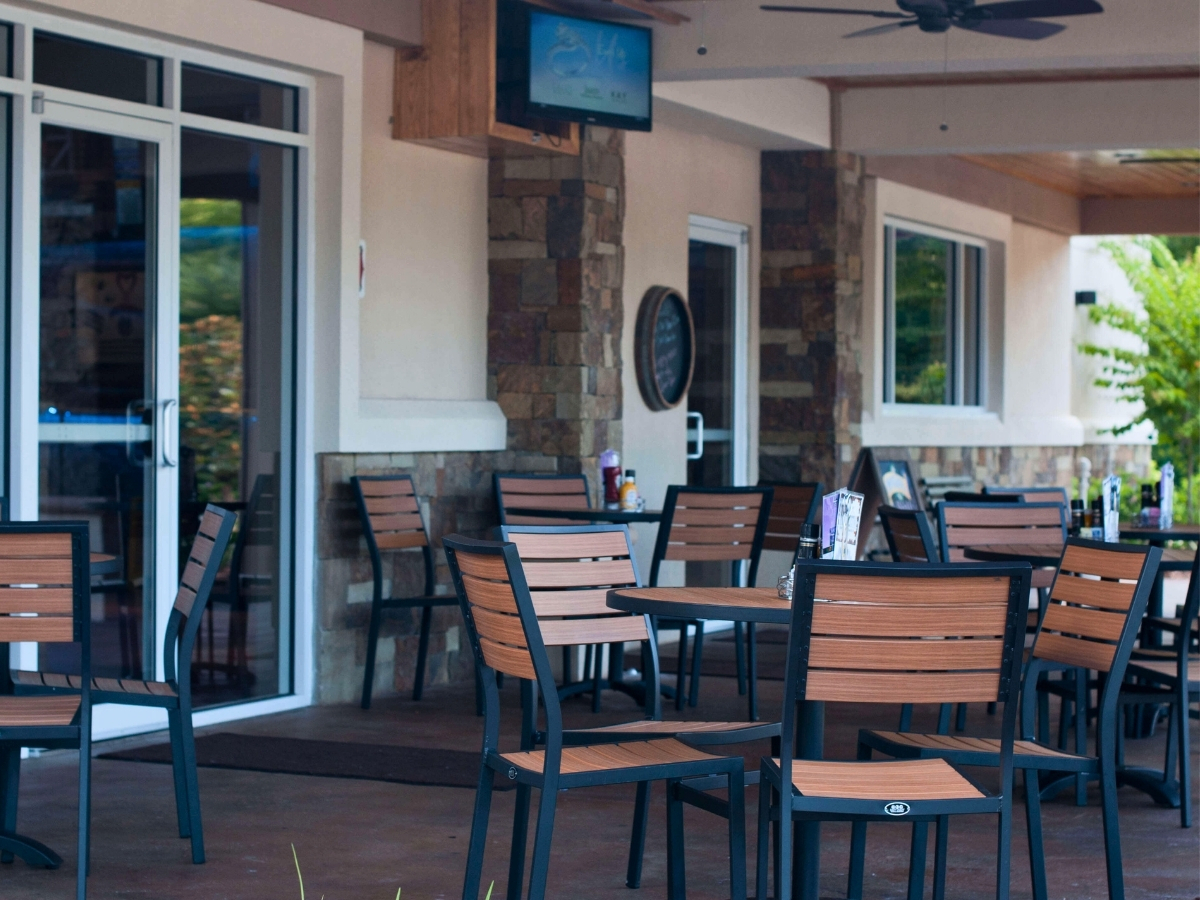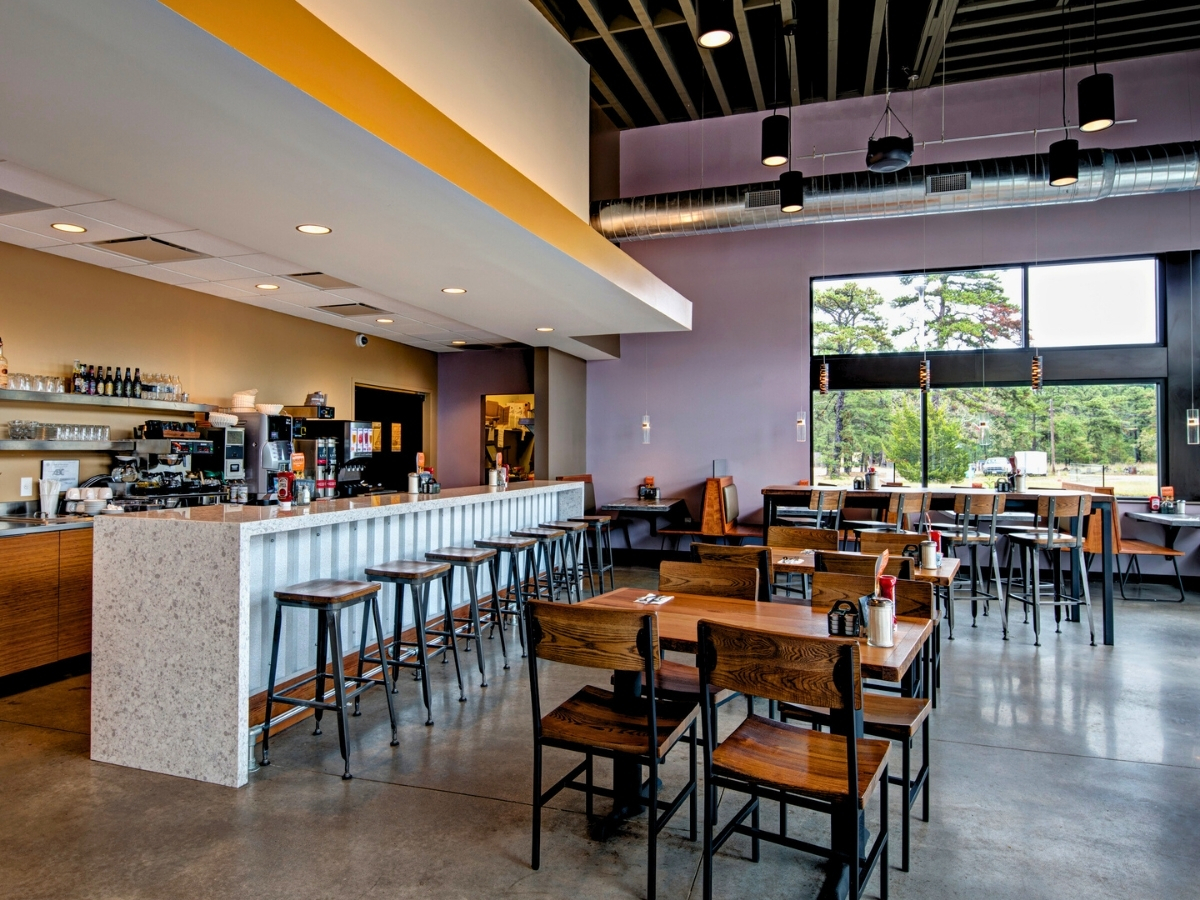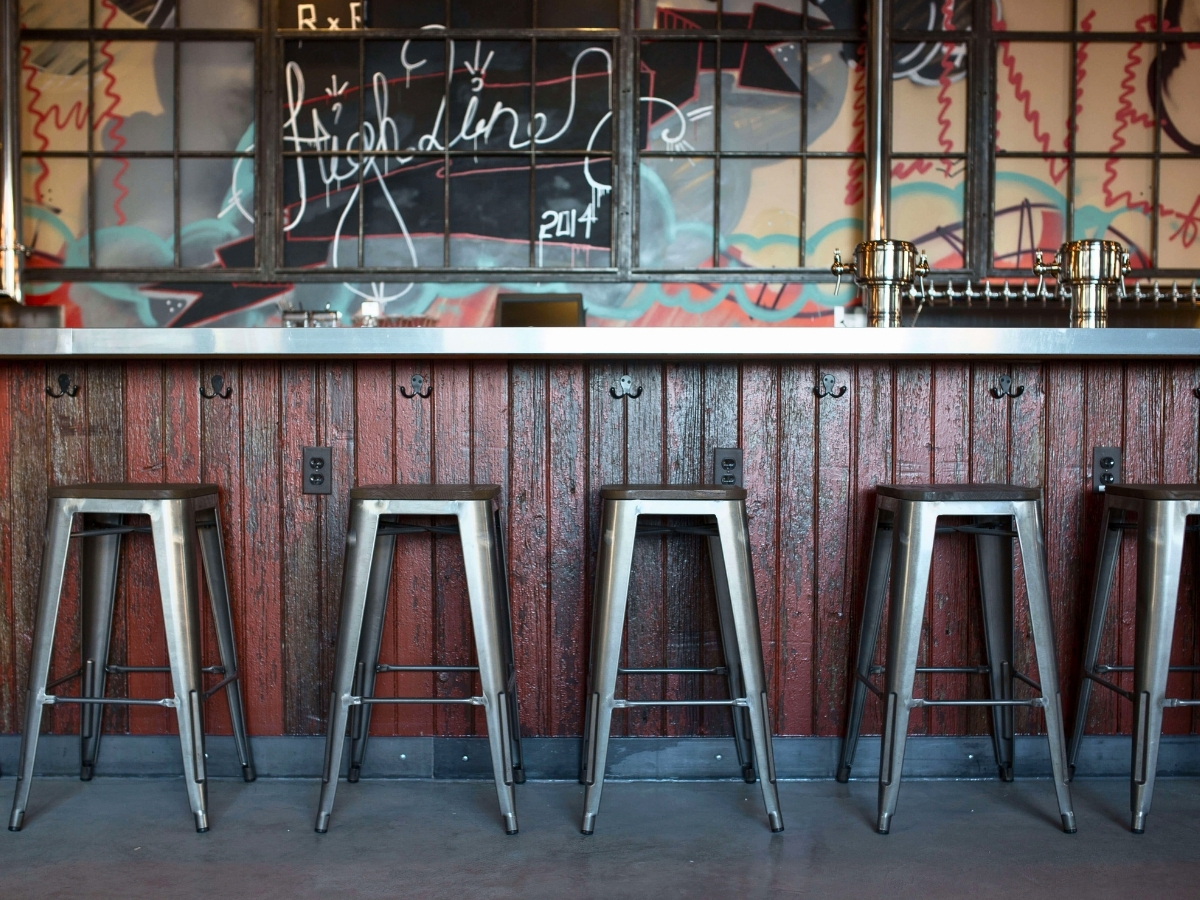Many restaurant owners or would-be owners aim to sell alcohol at their establishment, and for good reason: it’s a high-yield practice, it helps fill your restaurant tables with new patrons, and it doesn’t take more than one person—maybe two—to pour and serve drinks.
If you’re opening a restaurant or bar, or you own a restaurant where you’d like to add bar service or serve alcohol, you’ll work with your state’s Alcoholic Beverage Control (ABC). Some states are “control” states, where the state controls most or every aspect of alcoholic beverage sales. Other are “license” states, which don’t directly control the sale of alcohol, but have chosen in-state organizations to do so.
Liquor License Tips for Owners
Any group that wants to sell alcohol in their establishment must follow all federal, state, and local legislation pertaining to the sale of alcoholic beverages. The process is often very complicated, depending on the location, and there may be quotas that must be maintained. Here are some tips to get you started when you apply for a liquor license:
- Know the specific laws that govern your restaurant’s/bar’s location. You must know where and what time of day alcohol can be served, how much can be served, what it must be served in, the costs of the alcohol, what kind of happy hour discount may or may not be used, and particular days alcohol may not be served (for example, some states have restrictions on Election Day).
- Determine what kind of license you’ll need. Each state has its own type of liquor license, so first you’ll need to establish the kind of drinks you wish to sell and service: wine, beer, liquor, or distilled liquor, or any combination. Hotels may choose all of these options, while a tavern may only sell domestic or imported beer. Be sure to note what each of these licenses cost to initiate and renew, and then plan to build it into the cost of your drinks. In parts of the United States, the cost can top $50,000 just to obtain a license.
- Depending upon the number of licenses available in your area, when applying for a license, you may have to wait until an existing license is transferred to your business. This can take months—or, in cases, years. If your state’s License Board accepts your application, there is a license that is readily available, and there are no hiccups, you could have your license within around three to six months.
- Your state of residence may have other limitations or requirements before approving your license. The process can be so difficult that some businesses hire liquor license consultants, who can guide you through your state’s or area’s laws and procedures.
Your restaurant can benefit from the addition of a liquor license, but be sure that you know the laws, requirements, and restrictions for your state before beginning the application process. Having a well-managed plan will reduce hassles and have you serving drinks to customers in no time.

